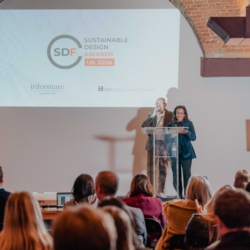March 28, 2025
Hybrid working improves self-reported wellbeing and productivity
 Hybrid working improves employee health and wellbeing, reduces stress, and boosts productivity, according to a new study by flexible office provider International Workplace Group. The research, which surveyed more than 2,000 hybrid workers, found that 34 percent reported taking fewer sick days since gaining flexibility over how and where they work. The findings suggest that hybrid work enables better overall health management. More than seven in ten respondents (71 percent) said flexible arrangements allow them to prioritise preventative healthcare, such as regular screenings and check-ups, while 69 percent said they can better manage existing health conditions. The reduction in stress-related illnesses was also significant, with 68 percent of hybrid workers reporting fewer symptoms such as headaches, digestive issues, and tension-related pain. (more…)
Hybrid working improves employee health and wellbeing, reduces stress, and boosts productivity, according to a new study by flexible office provider International Workplace Group. The research, which surveyed more than 2,000 hybrid workers, found that 34 percent reported taking fewer sick days since gaining flexibility over how and where they work. The findings suggest that hybrid work enables better overall health management. More than seven in ten respondents (71 percent) said flexible arrangements allow them to prioritise preventative healthcare, such as regular screenings and check-ups, while 69 percent said they can better manage existing health conditions. The reduction in stress-related illnesses was also significant, with 68 percent of hybrid workers reporting fewer symptoms such as headaches, digestive issues, and tension-related pain. (more…)



































March 5, 2025
Employment law five years after COVID: what’s changed?
by Nkolika Ohaegbu • Comment, Workplace